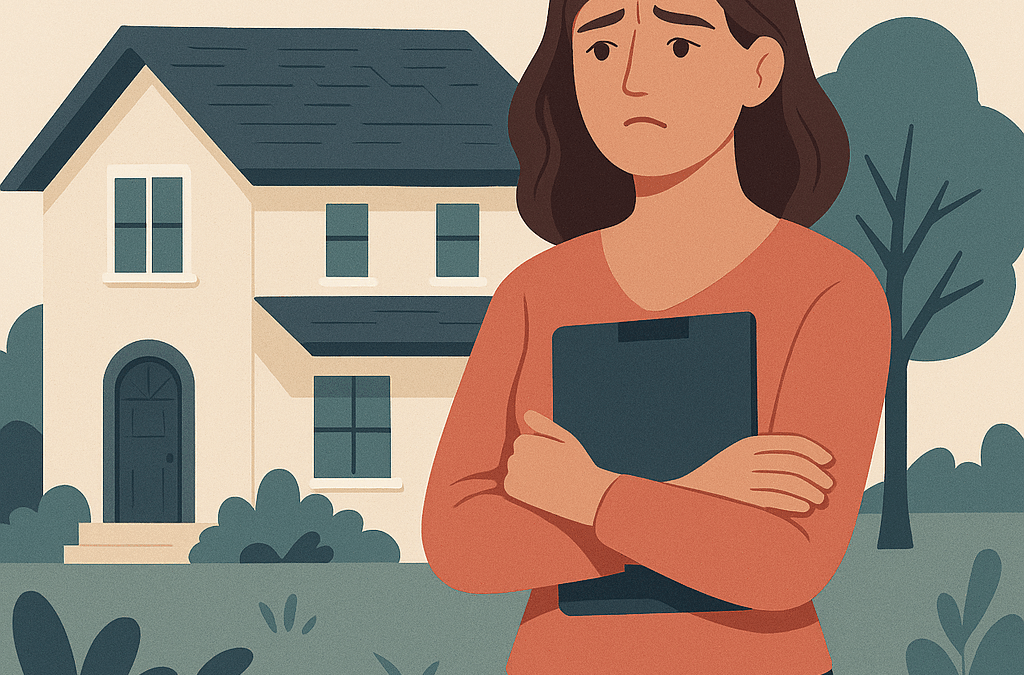So, your name’s on the mortgage—but your ex made more money. Does that mean you lose the house in the divorce? Not necessarily.
Let’s break it down.
Who Gets to Stay? It’s Not Just About the Paycheck
The court doesn’t just look at income when deciding who keeps the house. They consider who lives there now, who the kids live with, who can realistically afford it, and what’s “fair” in your unique situation.
You could be awarded the house even if your ex earns double your salary. Why? Because maybe:
- You’re the primary caregiver of the children
- You’ve been maintaining the home
- You contributed through non-financial support (like staying home with the kids)
Divorce isn’t a math equation—it’s a legal balancing act.
But Can You Afford It?
Here’s the other side: can you keep up the payments?
Judges won’t force someone to keep a house they truly can’t afford. If you’re keeping the home, the court may want to see:
- You can refinance the mortgage into your name
- You’re able to buy out your ex’s share, if there’s equity
- You’ve accounted for property taxes, insurance, and repairs
Sometimes, it’s not about keeping the house forever—it’s about negotiating time to stay while you get on your feet.
What If Both of You Want It?
This is where it gets sticky. If you both want the house and can’t agree, it becomes part of the property division battle.
At that point, the court might:
- Order it to be sold and proceeds split
- Let one of you buy the other out
- Decide based on what’s in the best interest of any children involved
This is also where having a lawyer matters. You don’t want to give up your shot at stability just because you don’t know your options.
There’s Also This: Emotional Attachment vs. Financial Freedom
Be honest with yourself: are you trying to keep the house out of security—or sentiment?
A home is more than four walls—but it’s also a financial responsibility. In many cases, walking away frees you up to create a fresh start, rather than dragging financial baggage into your future.
Not Sure What to Do? You Don’t Have to Decide Alone
An uncontested divorce doesn’t mean giving everything away—it means crafting a deal that works for your life, your finances, and your future. If keeping the house is part of that vision, we’ll help you build a legal plan that makes it possible.
📞 Call Catherine Verdery Ryan today to talk through your options.
We’ll guide you through it—start to finish.

